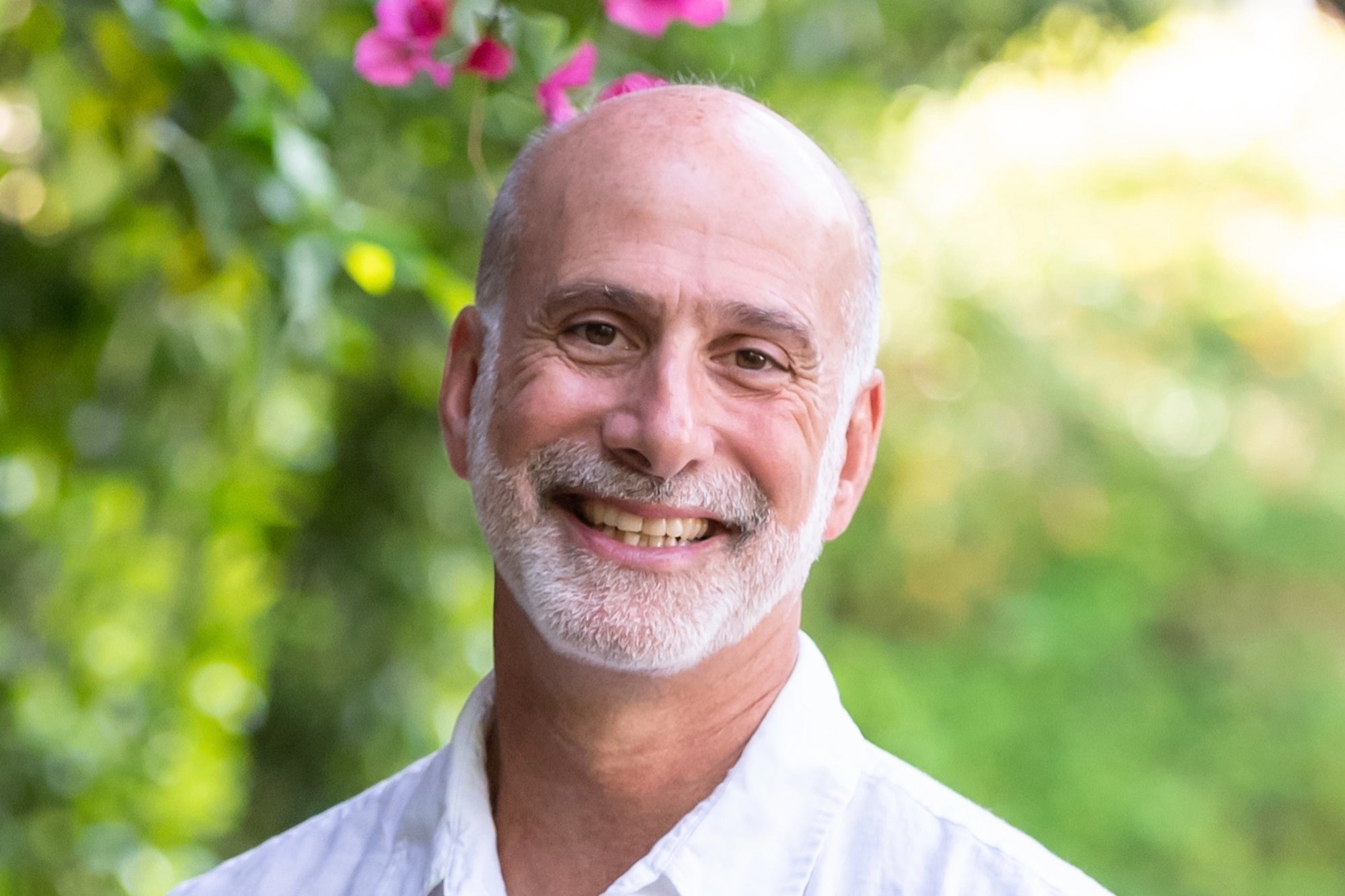The Tech Sector Needs to Stop 'Breaking Things' and Become More Responsible, Says Andy Moss, NYU Scholar and Founder of COR Methodology How success happened for Andy Moss, NYU Scholar and founder of COR Methodology.
By Robert Tuchman Edited by Dan Bova

Having begun his career during a time when technology was hailed as the cure for all that ailed society, Andy Moss is on a mission of course correction.
As an educator teaching Social Entrepreneurship to grad students at NYU Wagner School of Public Service, Moss emphasizes the importance of defining/measuring social outcomes alongside and on par with financial performance. He stresses both are necessary.
Related: Kendra Scott, Founder and Executive Chairman of Kendra Scott, on Failing Forward
Moss observes how "Technology is now so intertwined with society, it's no longer a separate thing. From the many uses of AI to small wearable sensors collecting our health data, to the devices embedded in the soil detecting climate patterns and the emergence of quantum computing on the horizon, technology now affects everything we do in profound ways we did not even imagine a few short years ago." He wants to help people mitigate the many unintended consequences occurring every day.
If anything is clear, it's all the frequently unintended and often undesirable outcomes society has experienced in the way technology is both built and put into practice. In addition to teaching, Moss leads an initiative called Culture and Organizational Resolve (COR Method), which is defining a methodology and set of tools to help people be more intentional nurturing the cultures in their organizations. He discusses this work in the context of helping people "operationalize the pursuit of purpose and profit" when building organizations for true long-term success. His master class Scale with Purpose introduces this concept to leaders of startup organizations.
"What does success look like or mean for you?" is a question Moss asks of all the entrepreneurs he mentors/advises and teaches. Too often the answers given are simply to raise funding or to build a product. He challenges them to consider if you raise funding without solving a real customer problem, is that success or if you manage to deliver a product/service but no one finds it useful, is that success? And he goes further by asking them if they raise funds and build a product, but their organizations experience high turnover because it's a toxic place to work or they further damage the climate, is that still success? His view of success is more holistic.
Related: Prerna Gupta, Founder and CEO of Mysterious, and Ne-Yo on The Future of Music Through NFTs
Moss developed his views throughout is career by paying attention. During his 17-year tenure with Microsoft, he experienced the rocket ship growth from emerging startup to megacorporation. He was there when they challenged IBM for leadership of the sector and during the antitrust years where he participated on the negotiating teams working towards resolutions.
He recalls early in his time with Microsoft, at the conclusion of a management meeting, the head of the consulting division asked everyone to look around at the people in the room and said "remember, the bureaucracy you loathe in five years will be that which you have created, so be mindful". While the execution of that sentiment did not always hold up, the idea of deliberate awareness stuck with Moss.
He's now part of a growing movement of people who are working diligently to bring about much-needed change across the tech sector. His work on the COR Methodology facilitated an invitation to join a new program with the Omidyar Network called "The Tech We Want". It brings together a diverse and dynamic collection of people who are bringing light to the undesirable outcomes that exist throughout the sector while co-creating a collective vision for responsible technology, systems, and economies that generate value for all stakeholders.
The people focused on building a better tech sector are long-time veterans and relative newcomers. They are operators, educators, investors, writers, storytellers, and more. Each of them uses their experience in the tech sector as a guiding light for change. The work they are doing involves how technology is created and consumed, the organizational structures, culture and governance practices, employment opportunities and working environments, regulation, and public policy.
Has the world already changed? Is the tech sector at or past an inflection point? Only time will tell. A growing movement of people throughout the industry are focused on building a future where the tech we want can emerge.
"Inflection points are not always obvious until viewed through the lens of history. Events unfold in plain sight, gradually building up until the scales tip in a new direction.", said Moss. Are we there yet? Historians will be the judge, but as he highlights "we can be mindful of trends and possible indicators that things are changing." Only time will reveal the shape of the next generation. If Moss has his way, the future will be more inclusive, just, and work better for everyone from those building technologies to those using them.










